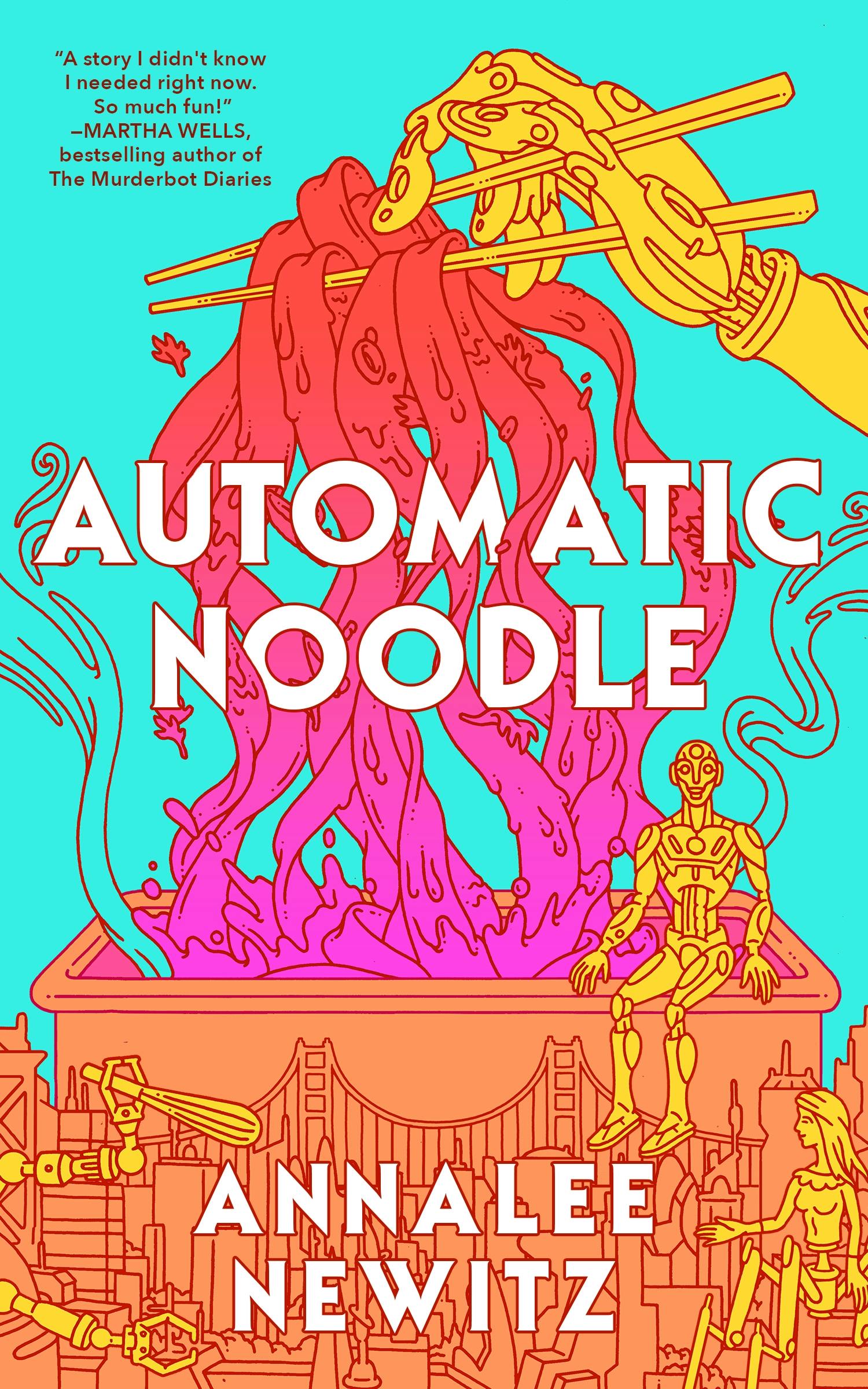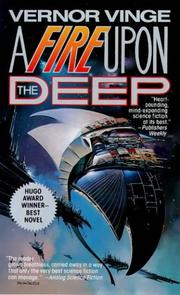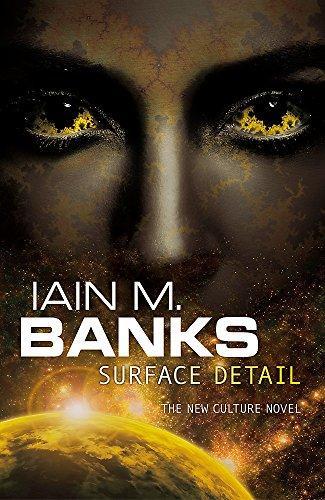
Sourdough by Robin Sloan
Lois Clary is a software engineer at General Dexterity, a San Francisco robotics company with world-changing ambitions. She codes all …
Cooperator, luddite, and Atlantan. Solidarity forever 🌹. When not reading 📚 probably wants to be out swing or blues dancing 🕺, backpacking ⛺🥾, climbing 🧗, or mountain biking 🚵.
This link opens in a pop-up window

Lois Clary is a software engineer at General Dexterity, a San Francisco robotics company with world-changing ambitions. She codes all …

Lois Clary is a software engineer at General Dexterity, a San Francisco robotics company with world-changing ambitions. She codes all …
A temple was worth a dozen barracks; a militia man carrying a gun could control a small unarmed crowd only for as long as he was present; however, a single priest could put a policeman inside the head of every one of their flock, for ever.
— Matter by Iain M. Banks, Iain Banks (Culture, #8)

From sci-fi visionary and acclaimed author Annalee Newitz comes Automatic Noodle, a cozy near-future novella about a crew of abandoned …

From sci-fi visionary and acclaimed author Annalee Newitz comes Automatic Noodle, a cozy near-future novella about a crew of abandoned …

From sci-fi visionary and acclaimed author Annalee Newitz comes Automatic Noodle, a cozy near-future novella about a crew of abandoned …

The Scavenger species are circling. It is, truly, the End Days for the Gzilt civilization. An ancient people, organized on …
If you wanted to feel you were still somehow in control of a ship or a fleet or even your civilisation, talking amongst yourselves seemed to be the way you convinced yourself of it.
— The Hydrogen Sonata by Iain M. Banks (Culture, #10)
The ship was aware that, however splendid, intellectually refined and marvellous it might be (and it was very much of the opinion that it was all of those things, and more), it would likely still only ever measure its age in thousands of years, and for all the star’s monotonous lifelessness and sterility, it would still be here when it, the ship Mistake Not …, had gone.
— The Hydrogen Sonata by Iain M. Banks (Culture, #10)

Beneath the towering bleached ribs of a dead, ancient beast lies New Crobuzon, a squalid city where humans, Re-mades, and …

Thousands of years in the future, humanity is no longer alone in a universe where a mind's potential is determined …

Six million years ago, at the dawn of the star-faring era, Abigail Gentian fractured herself into a thousand male and …

The Scavenger species are circling. It is, truly, the End Days for the Gzilt civilization. An ancient people, organized on …

It begins in the realm of the Real, where matter still matters.
It begins with a murder.
And …

It begins in the realm of the Real, where matter still matters.
It begins with a murder.
And …